Recycling Dos and Don'ts
Recycling is an essential step towards creating a sustainable future for our planet. It helps reduce waste in landfills, conserves resources, and combats pollution. However, figuring out what can and cannot be recycled can sometimes be confusing!
Many of us, myself included, have been misled by recycling symbols on packaging. Just because something is labeled "recyclable" doesn’t guarantee that it belongs in your recycling bin. Local programs have different guidelines, and what is accepted in one city may not be accepted in another. I remember living in California, where they asked us not to rinse our recyclables due to the drought. Then, when I moved to New York, I learned that rinsing is essential!
In this blog post, I will clarify some common recycling myths and provide you with the knowledge to recycle effectively. We’ll cover the basics of what you can and cannot place in your blue bins, but remember, it’s always best to double-check your local program's guidelines. This advice applies whether you’re in the US or anywhere else in the world. Recycling may vary by location, but our shared goal of a greener future for generations to come is universal!
Let's dive in and become recycling pros!
˚˖𓍢ִ໋🌱✧♻️˚.💚⋆✨
recyclable materials (the dos)
This section will guide you through what you can confidently toss in your recycling bin! Remember, these are general guidelines, and it's always best to check with your local program for any variations.
Amazon packaging
Plastic Bags
These don't go in your normal recycling bin but are accepted at designated plastic drop-off locations. Check with your local program.
Air Bags
Like the Amazon plastic bags, these also don’t go in your normal recycling bin. Deflate them before dropping them off at designated plastic drop-off locations.
Toilet paper +
paper towel tubes
Cardboard toilet paper and paper towel tubes are recyclable!
If they're wet or dirty, they might be better in your compost bin. Check with your local program.
Paper products
Newspaper, cardboard boxes (flatten them to save space!), magazines, paper tape, washi tape, and even sticky notes can usually be recycled.
Shredded paper
Some communities accept shredded paper in dedicated bins or compost programs. Check with your local program.
METAL CONTAINERS: Aluminum cans, food tins, and other clean metal containers are prime recycling candidates!
GLASS BOTTLES + JARS: Glass is endlessly recyclable, but some programs may have guidelines on color sorting. Check with your local program!
PIZZA BOXES: These can be tricky. Check with your local program to see if they accept them, and if so, whether they need to be pristine or if lightly greased boxes are okay.
PLASTIC CONTAINERS: Focus on rigid plastics with recycling numbers in the middle of the logo. This code tells you what type of plastic it is and whether your local program accepts it.
Here's a helpful resource to decipher those codes: Guide to Proper Recycling
˚˖𓍢ִ໋🌱✧♻️˚.💚⋆✨
non-recyclable (the don'ts)
Knowing what not to recycle is just as important as knowing what you can toss in the recycling bin. Here are some common items that should be kept out of your recycling:
E-CIGARETTE/VAPES: These electronic devices contain batteries and other components that require special handling. Please do not throw them in the trash or recycling. Look for vape recycling programs in your area or check with vape shops that might accept them for proper disposal.
ELECTRONICS: Electronics contain hazardous materials and require special disposal methods. Check with your local electronics retailer for drop-off locations.
HAZARDOUS WASTE: This includes batteries, paint, paint thinner, and other household chemicals. These items should never be placed in your trash or recycling bin. Look for hazardous waste disposal facilities in your area.
PLASTIC BAGS + WRAPS: These flexible plastics can tangle recycling machinery. Check with your local program to see if they have a separate plastic bag drop-off program.
STICKERS: Even though stickers have paper on top, the adhesive part does not make it recyclable.
STYROFOAM + PACKING PEANUTS: These lightweight materials are difficult to sort and reprocess in most recycling facilities.
TOILET PAPER + PAPER TOWELS: While paper products, these single-use items are designed to break down quickly and are not suitable for recycling.
˚˖𓍢ִ໋🌱✧♻️˚.💚⋆✨
why checking locally matters
As you've discovered, recycling programs can vary significantly by location! What's accepted in one city might be a no-go in another. Here's why checking with your local program is crucial:
DIFFERENT FACILITIES: Recycling facilities may have varying capabilities for processing different materials.
LOCAL NEEDS: Programs might prioritize certain materials based on local recycling markets.
SORTING REQUIREMENTS: Some programs require specific sorting of recyclables, while others may accept them altogether.
Finding Your Local Program's Guidelines
There are several ways to find out what your local program accepts:
MUNICIPAL WEBSITE: Most city or county websites have a dedicated recycling section with detailed guidelines.
Earth911: A great resource to find local recycling information by entering your zip code.
Don't be afraid to contact your local sanitation department or waste hauler directly if you have any questions.
˚˖𓍢ִ໋🌱✧♻️˚.💚⋆✨
recycling tips
Know your plastics
Not all plastics are created equal! Many recycling programs only accept certain types of plastic, usually identified by a number on the bottom of the container. Try to familiarize yourself with the different recycling codes.
Here's a helpful resource to decipher those codes: Guide to Proper Recycling
Check for contamination
A little food residue can ruin a whole batch of recyclables. Make sure to check your local guidelines to see how clean they want your recyclables to be before tossing them in the bin.
Sort it right
Most recycling programs require some level of sorting. Check your local guidelines for specific sorting instructions, but generally, paper products, plastic containers, glass bottles and jars, and metal can all go together.
Flatten cardboard boxes
This saves so much space in your recycling bin and in the recycling truck. If you can open a box, you can definitely flatten a box!
Reduce + reuse before recycling
Remember, the best way to manage waste is to avoid creating it in the first place. Try to reduce your consumption and reuse items if possible!
˚˖𓍢ִ໋🌱✧♻️˚.💚⋆✨
save me for later!
What surprised you most about recycling?
Share your thoughts below! I’m also open to feedback on learning how to make our world greener!
˚˖𓍢ִ໋🌱✧♻️˚.💚⋆✨
check out my recent travel vlog!
˚˖𓍢ִ໋🌱✧♻️˚.💚⋆✨
DISCOVER MORE
Last Updated: 02.03.2025

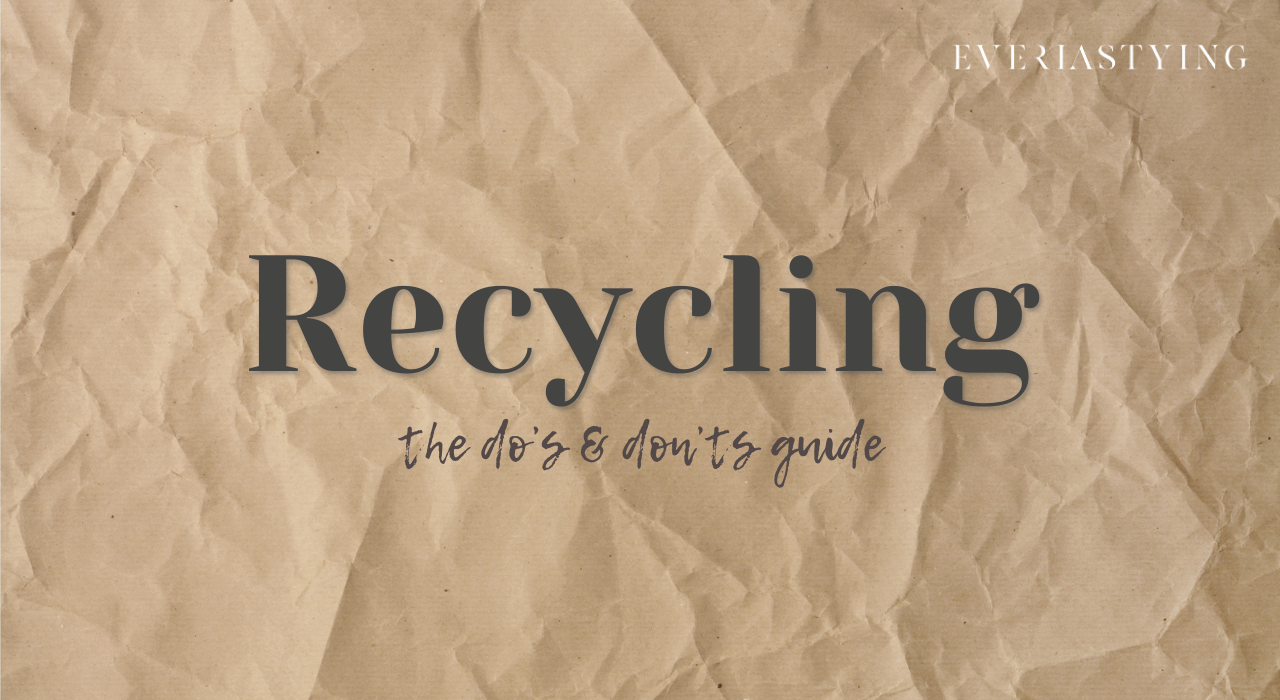



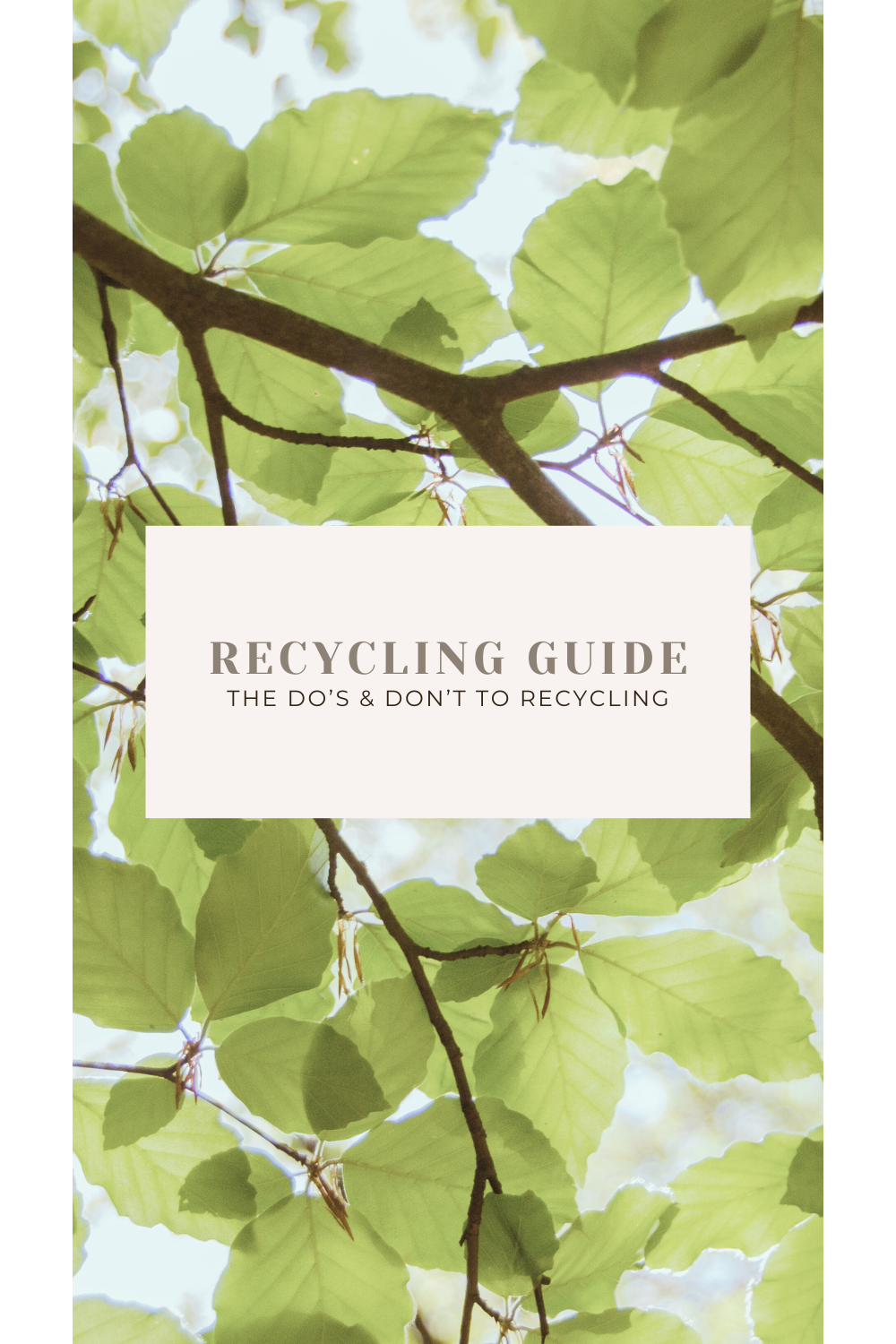

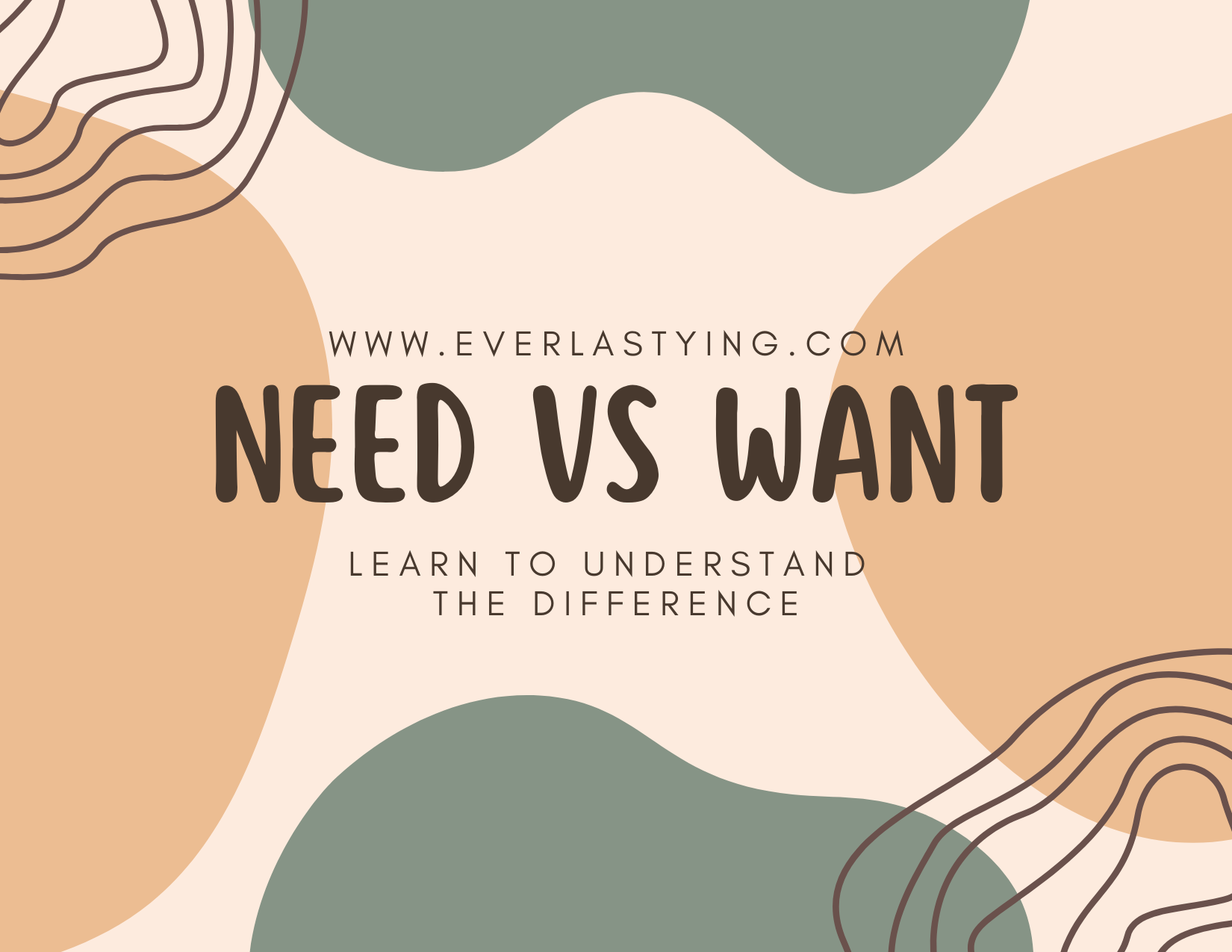
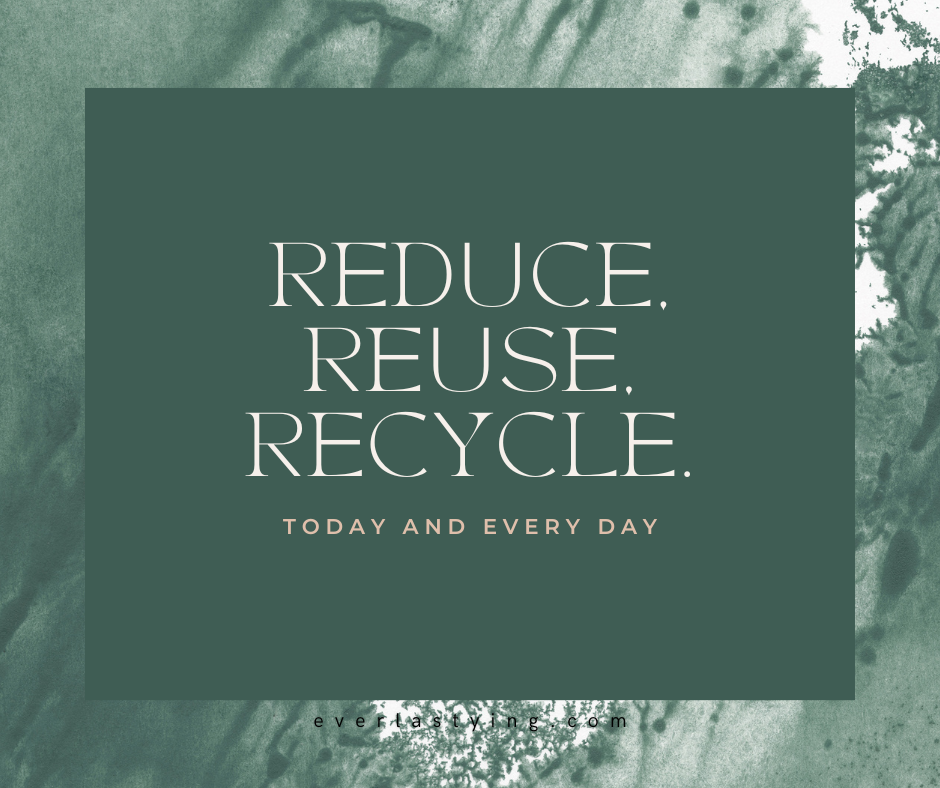

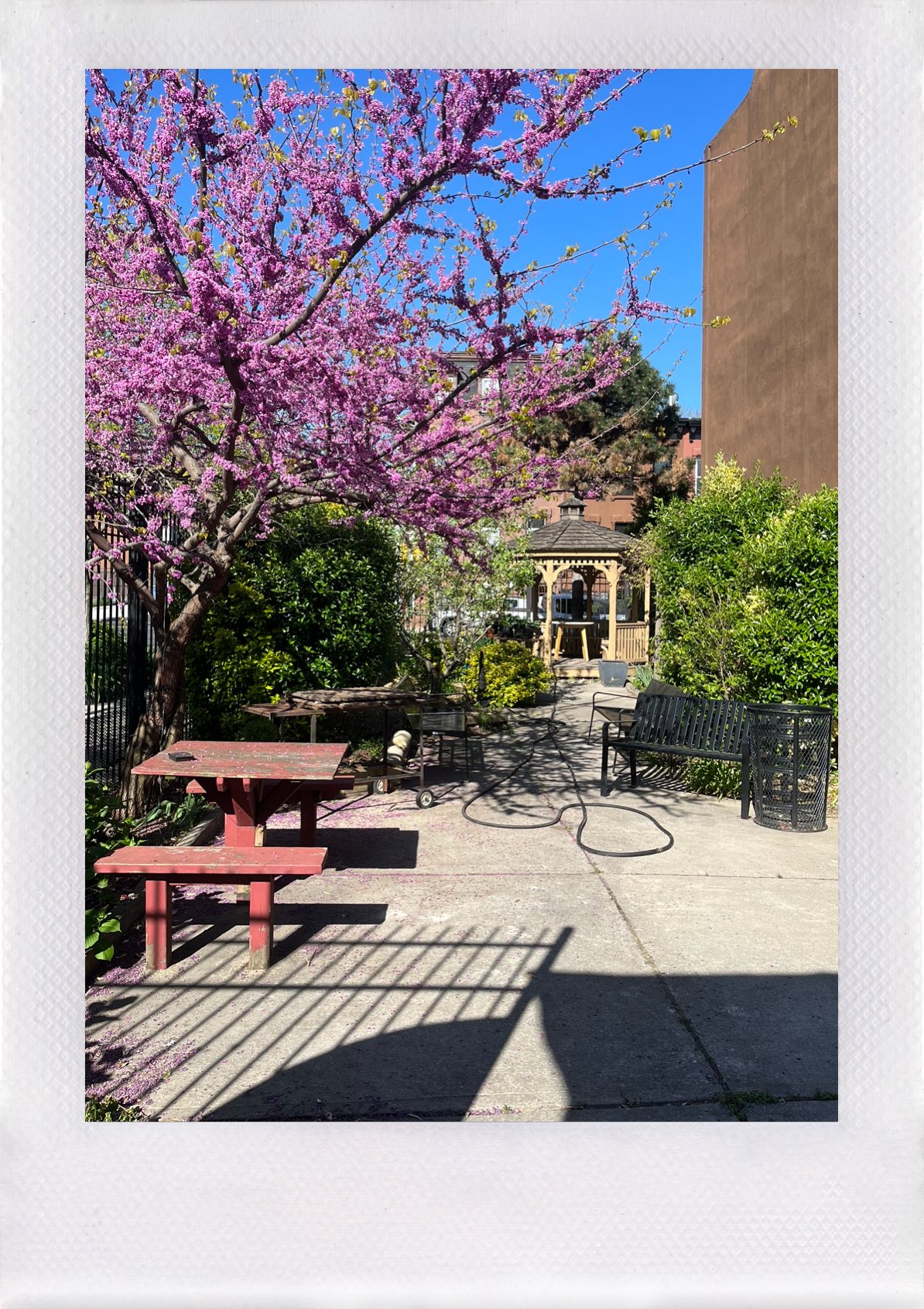


Tired of the same old boring routine? Skip the overpriced dinners and predictable movies — this guide is your ticket to fun adventures and hidden gems!